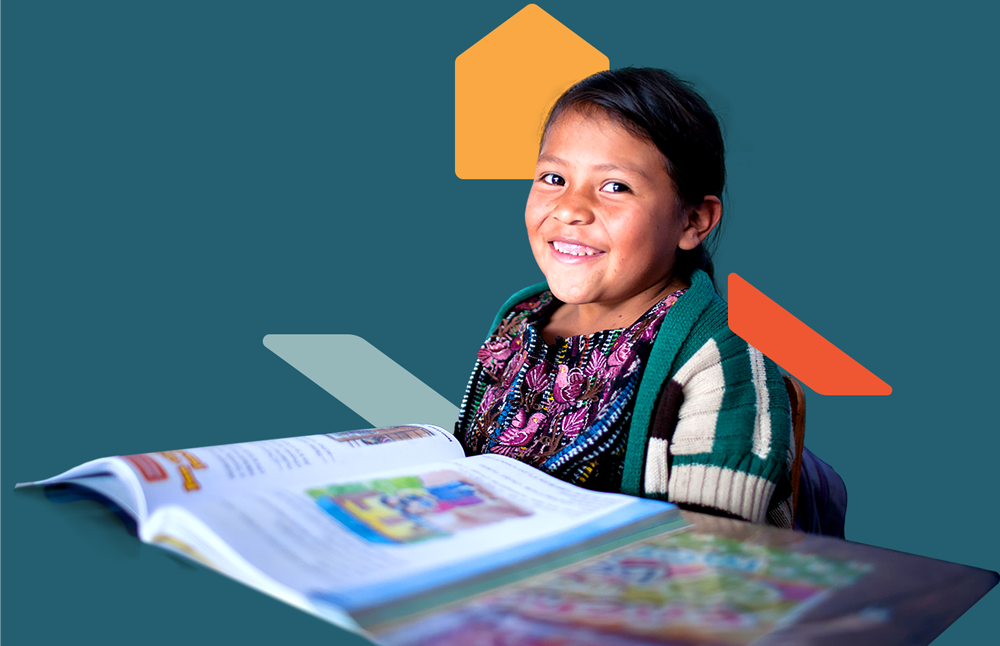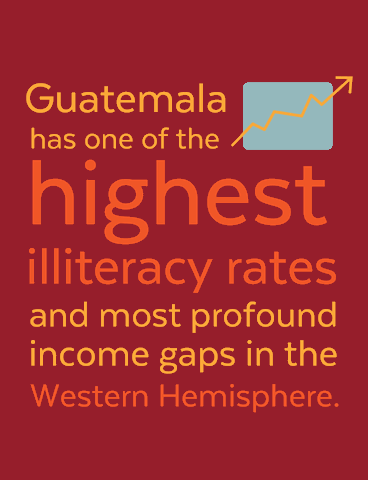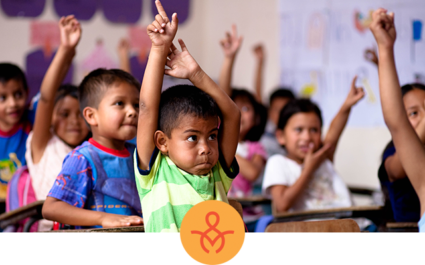The Problem

Going to School is Not the Same as Learning
An education crisis grips the globe. Children go to school and don’t learn. Roughly 262 million primary school children worldwide show up for school most days but fail to learn basic foundational literacy skills, according to UNESCO. Without the ability to read, write and comprehend basic texts, at-risk children fall deeper into cyclical poverty with no obvious way out.
Guatemala is on the Front Lines of the Global Learning Crisis
In Guatemala, decades of underfunding and neglect has created an education system that falls far short of meeting the needs of the children who need it most: those living in the country’s rural, indigenous communities. School buildings exist, and the children show up for class. But the quality of the education they receive is so poor that most kids don’t learn.

Barriers to Learning in Guatemala
Walk into a typical Guatemalan classroom and it’s easy to see that children aren’t learning. The classroom environment is chaotic. Kids are often off-task and bored. Teachers look overwhelmed and unprepared. Child Aid’s experience tells us why primary schools in Guatemala fail their students: poor quality teachers and a lack of key resources, most notably Spanish-language books.
Poor Quality Teaching
Most teachers in Guatemalan primary schools have only a high school-level education and no exposure to best practices in child development and literacy instruction. Once in the classroom, they are isolated and receive almost no support. They fight a daily battle to provide the structured learning environment their students need most.
Classrooms Without Books
You can’t learn to read without books. Yet teachers and students in Guatemala face bookless classrooms every day, and they are forced to make due with single copies of outdated textbooks or scraps of newspapers to provide some reading materials. Students have few opportunities to read independently and explore their interests.
The Simple Answer?
Give Students Better Teachers
The challenges of the learning crisis are profound, but the solutions are known and within our grasp. Studies show the best way to close the learning gap and improve student outcomes is to improve the quality of teaching. And high-quality training with sustained, personalized coaching is the most effective way to help teachers gain the knowledge and skills they need to improve their instruction.
Learning Matters. Children Who Master Basic Literacy Skills in Primary School:
Stay in school longer.
Have better economic opportunities in life.
Are better able to adapt to changes in the economy, environment and technology.
Have longer, healthier lives.
Participate more in political activities and democratic institutions.
Are more likely to have healthy, educated children.

